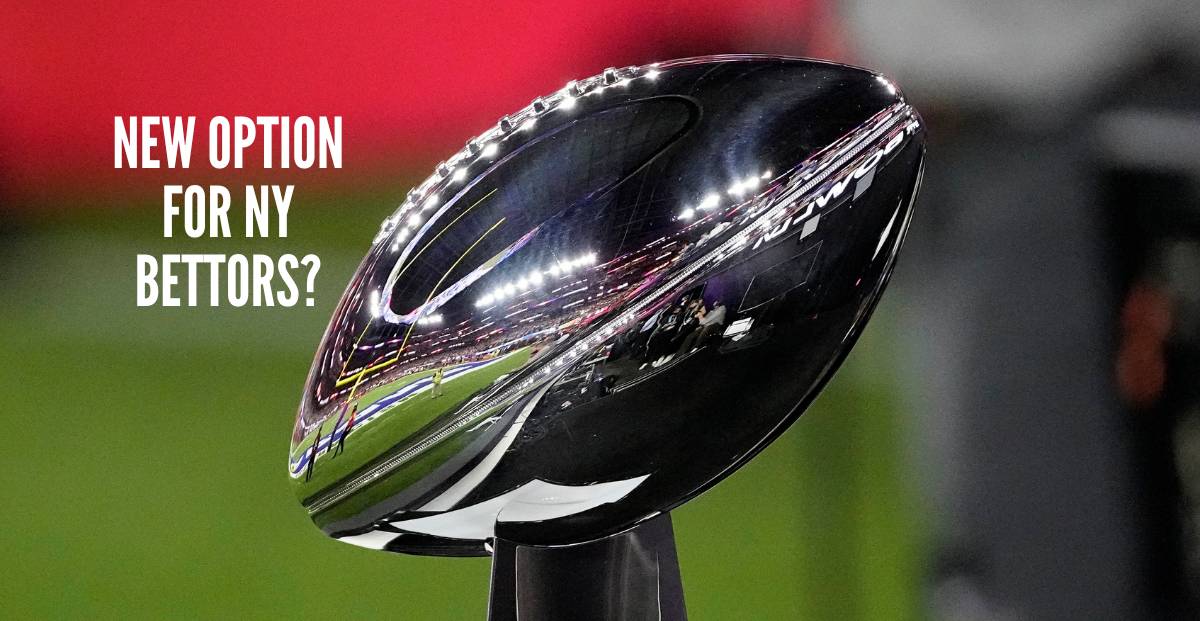New York Lawmaker Advocates for Legalization of Super Bowl Square Pools
New York Lawmaker Advocates for Legalization of Super Bowl Square Pools
As the Super Bowl approaches, the excitement and anticipation among football fans are reaching a fever pitch. Alongside the game itself, another popular tradition that has become synonymous with the Super Bowl is the Super Bowl square pool. However, in many states, including New York, these pools are considered illegal gambling activities. But one New York lawmaker is now advocating for the legalization of Super Bowl square pools, arguing that they are harmless social activities that should not be criminalized.
Super Bowl square pools, also known as football squares or box pools, have been a staple of Super Bowl parties for decades. The concept is simple: participants purchase squares on a grid, usually 10×10, with each square representing a potential score combination for both teams. At the end of each quarter, the scores are matched against the corresponding squares, and winners are determined based on the final digits of each team’s score.
Despite their widespread popularity, Super Bowl square pools are technically illegal in many states, including New York. The laws surrounding gambling vary from state to state, and in New York, any form of gambling that involves a prize or consideration (money or anything of value) is generally prohibited unless specifically authorized by law.
However, Assemblyman J. Gary Pretlow, a Democrat representing parts of Westchester County, believes that it is time to change this outdated law. Pretlow argues that Super Bowl square pools are harmless social activities that bring people together and add an extra layer of excitement to the game.
In an interview, Pretlow stated, “Super Bowl square pools have become a tradition for many families and friends who gather to watch the game. It’s a fun way to engage with the game and make it more interesting. I don’t see any reason why we should criminalize such innocent activities.”
Pretlow plans to introduce legislation that would legalize Super Bowl square pools in New York. He believes that by regulating and taxing these pools, the state can generate additional revenue that can be used for various public services and programs.
Critics of the proposal argue that legalizing Super Bowl square pools could open the door to other forms of gambling and potentially lead to addiction issues. However, Pretlow emphasizes that his proposal is narrowly focused on Super Bowl square pools and does not seek to expand gambling in any significant way.
To address concerns about addiction, Pretlow’s legislation would include provisions to ensure responsible gambling practices. This could involve setting limits on the amount of money that can be wagered, implementing age restrictions, and providing resources for individuals who may develop gambling-related problems.
Pretlow’s efforts have garnered support from various quarters, including sports enthusiasts, Super Bowl party organizers, and even some fellow lawmakers. They argue that legalizing Super Bowl square pools would not only bring them out of the shadows but also allow for better oversight and consumer protection.
As the debate continues, it remains to be seen whether Pretlow’s proposal will gain enough traction to become law. However, his advocacy has sparked a broader conversation about the need to reassess outdated gambling laws and consider the social and economic benefits of legalizing certain forms of gambling.
In the meantime, Super Bowl square pool enthusiasts in New York will have to continue participating in these activities at their own risk. However, with Pretlow’s efforts, there is hope that one day soon, they may be able to enjoy their favorite Super Bowl tradition without fear of legal repercussions.
